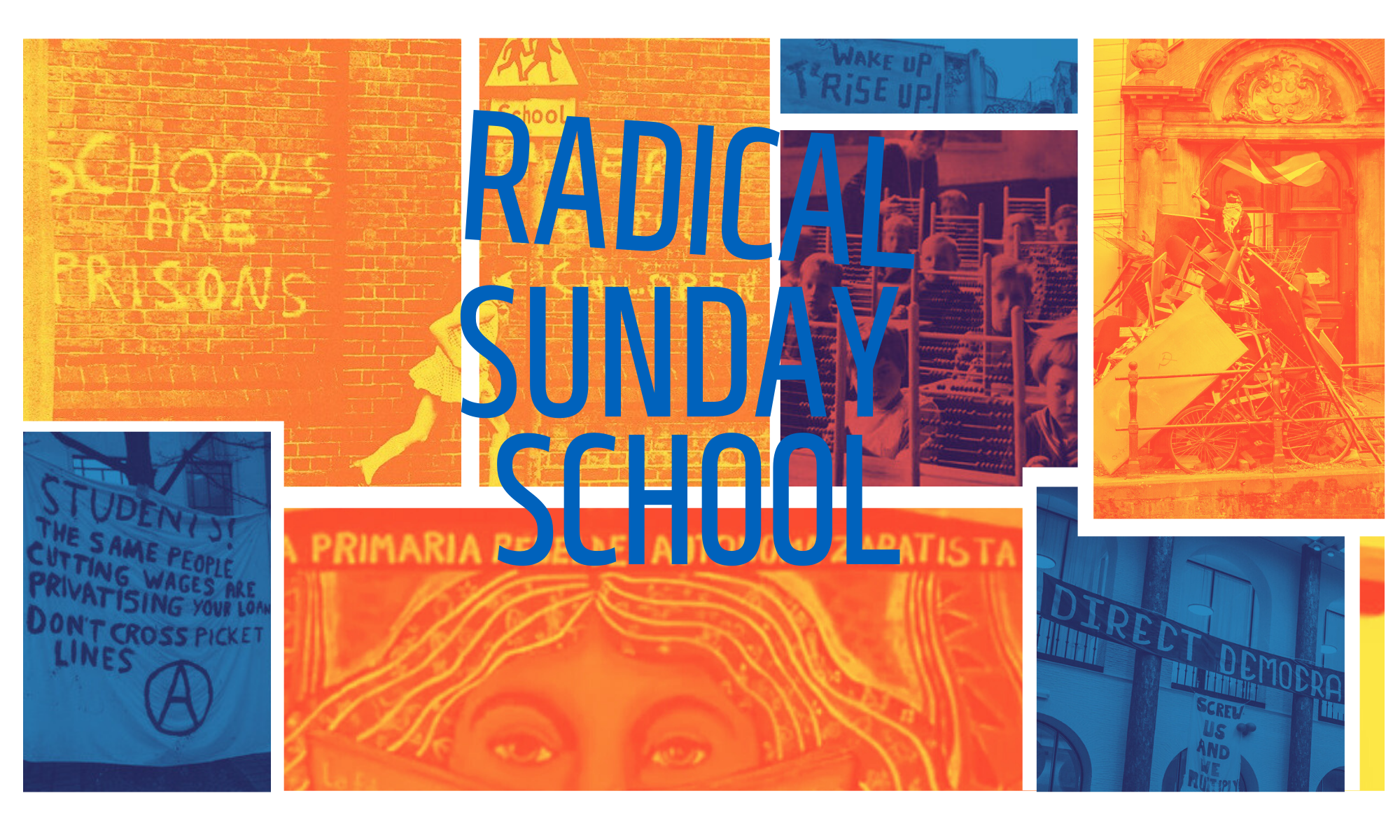We began our discussion talking about about the nature of categorisation in languages, specifically how the Bantu languages categorise with over 10 different aspects, ranging from inanimate, to animate, to locative, and how it’s an unusual thing that European languages categorise so much with gender.
We discussed if certain words, when looked through from a more specifically gendered lens, carried connotations of their associated sociological gender, as Boroditsky claims, but we found that none of us who spoke European gendered languages saw it as such.
We discussed why it was that language maintains its gender divisions in certain areas, and how deeply tied it is to sociological aspects, such as geographical proximity, and political institutions that rule over regions where certain languages are spoken, as well as trade and cultural phenomenae.
We talked about how categorisation in languages does however, enable some amount of benefit when listened to, that German is for instance much easier to understand when heard through a garbled recording than English.
We came to a conclusion that though the sociological aspects of language are deeply influenced by their surrounding cultural and political landscape, the actual state of language seems to have minimal reverse effects.
